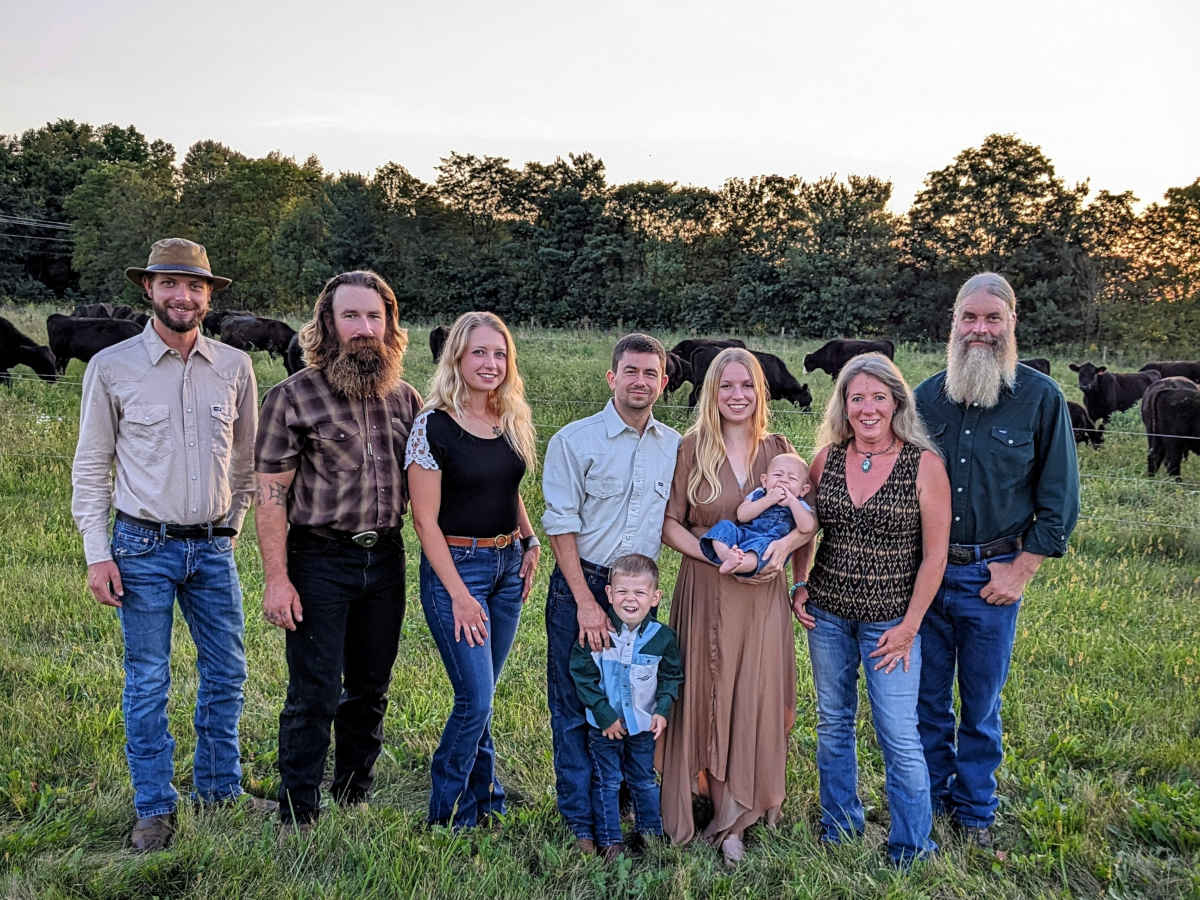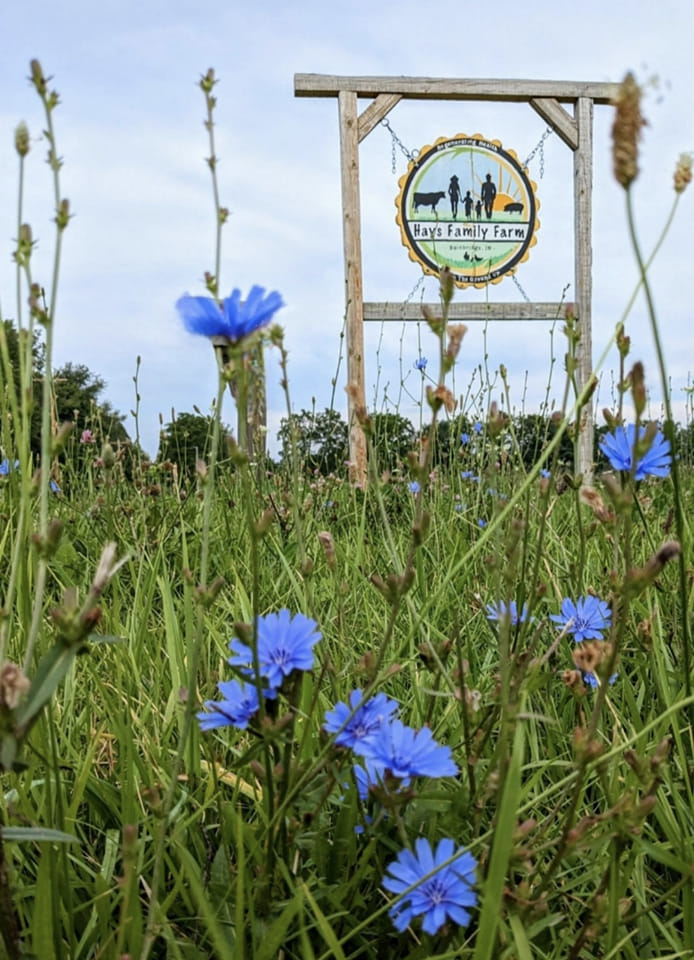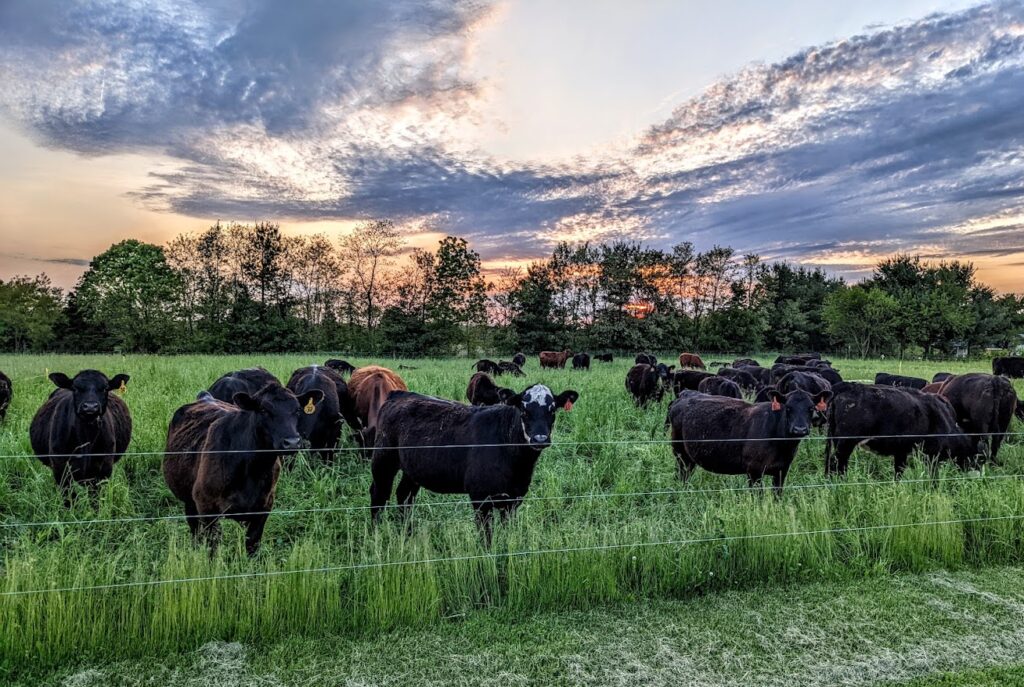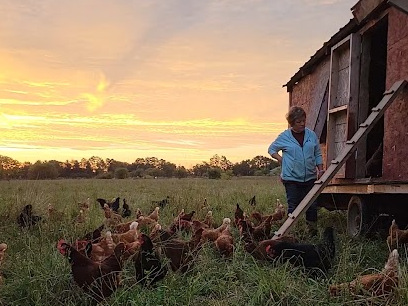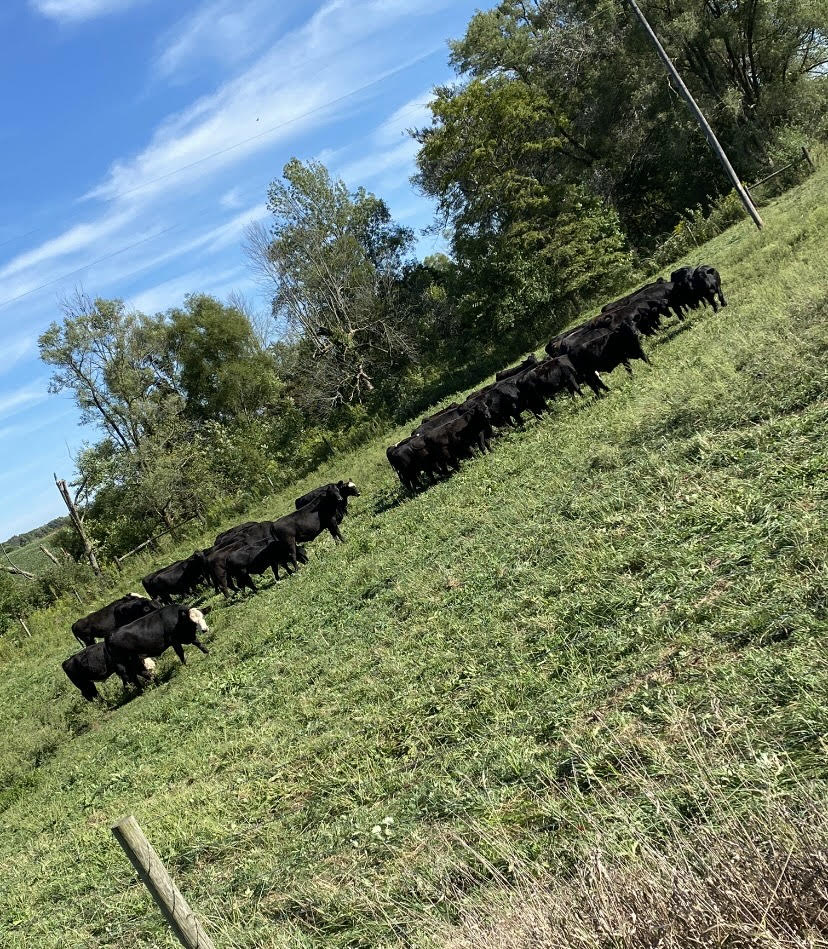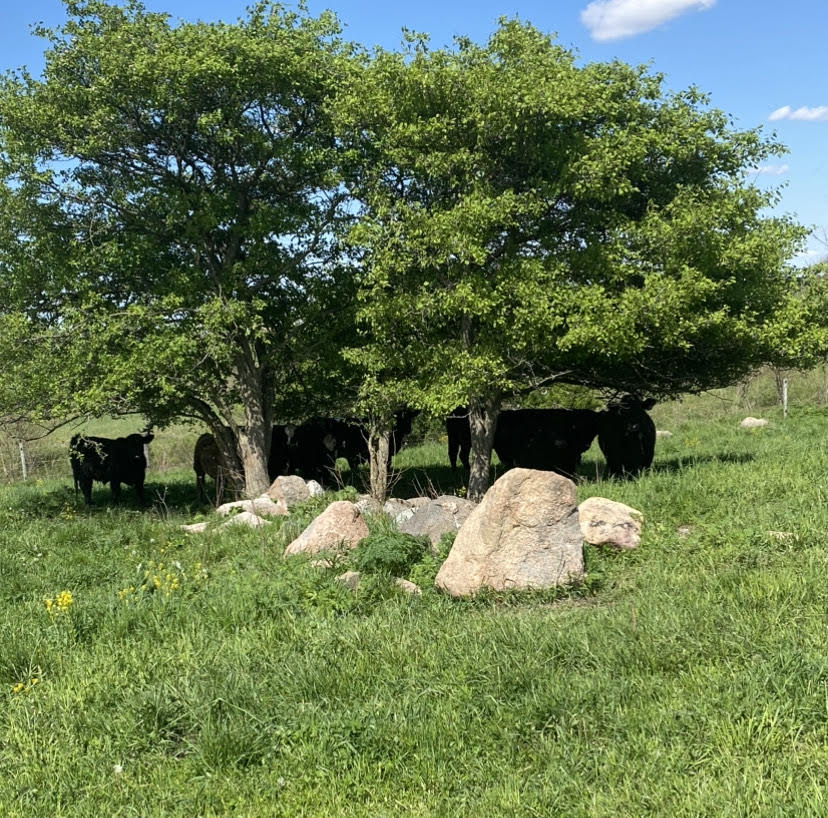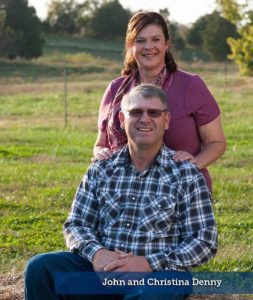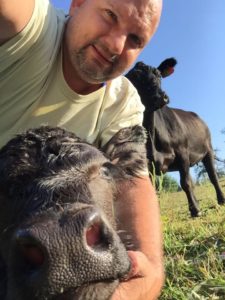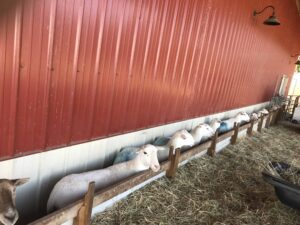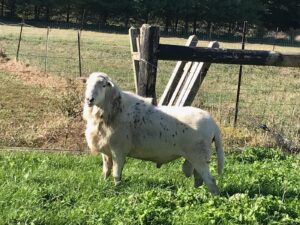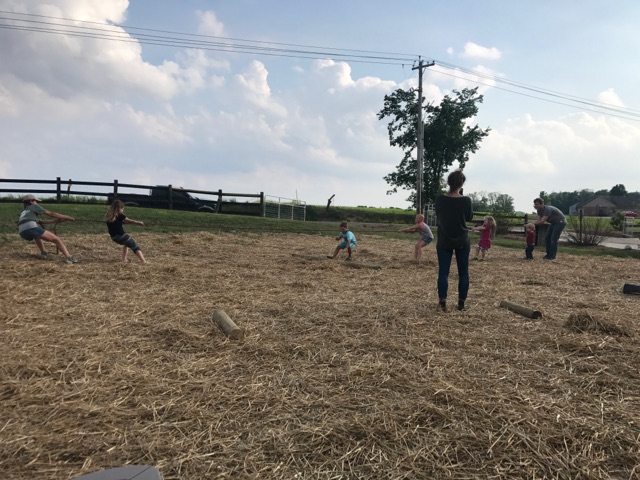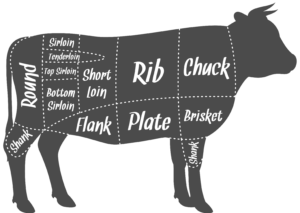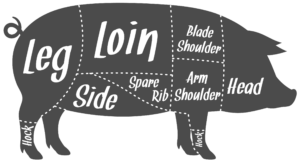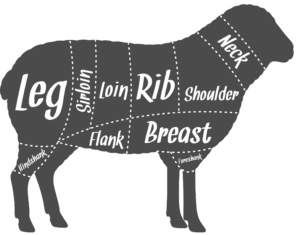This weeks box shows the beauty of a full summer allotment. The spring crops are fading and the summer favorites coming on strong.
This weeks selections included:
Yellow squash, Tromboccini Squash, Romanesca summer squash, kale, cabbage, new onions, and a few precious apricots. One of our summer employees, Billy Belt, described biting into a juicy apricot on a day when energy was waning on a hot day while he worked to install water line right next to the tree. It is the simplicity of God’s creation that often keeps us energized.
One of our best customers borrowed our bathroom today, returning to ask what smelled so good in the kitchen. All that had been cooked was a simple lunch of sauteed squash and onions. Food does not have to be complex to be good. The color variation in the summer squashes makes for an especially beautiful display. I know you have seen cabbage for a but now. I thought I should pass on basic kraut directions in case you have any hanging out. It is so easy to make in a mason jar, quart to gallon depending on the quantity. Shred the cabbage in a food processor or cut thin slices. To 5 lbs of shredded cabbage add 3 TBSP of natural salt and let sit to wilt for several minutes. Pack into clean jars, using a wooden spoon to press down until juice covers the cabbage. Whey can be added to speed fermentation. Add brine if necessary (1 1.2 TBSP salt to 1 qt water boiled and cooled). Weight cabbage under the brine when putting lid on. I usually come up with a small lid and weight to fit underneath the outer lid. If the cabbage is not weighted under the brine it will discolor. Let ferment for 1-6 weeks or to taste at room temperature. Bubbles let you know that fermentation is taking place. Scum may need to be skimmed depending on length of fermenting. Making kraut is a great way to preserve the bounty of the early summer garden as well as protecting the gut. A couple tablespoons of kraut a day will keep your gut functioning correctly.
During class we enjoyed walking the woods and learning about wildcrafting, the art of finding edibles in the wild. It is amazing to see God’s provisions without cultivation. Next week join us to learn about composting/weed management.
